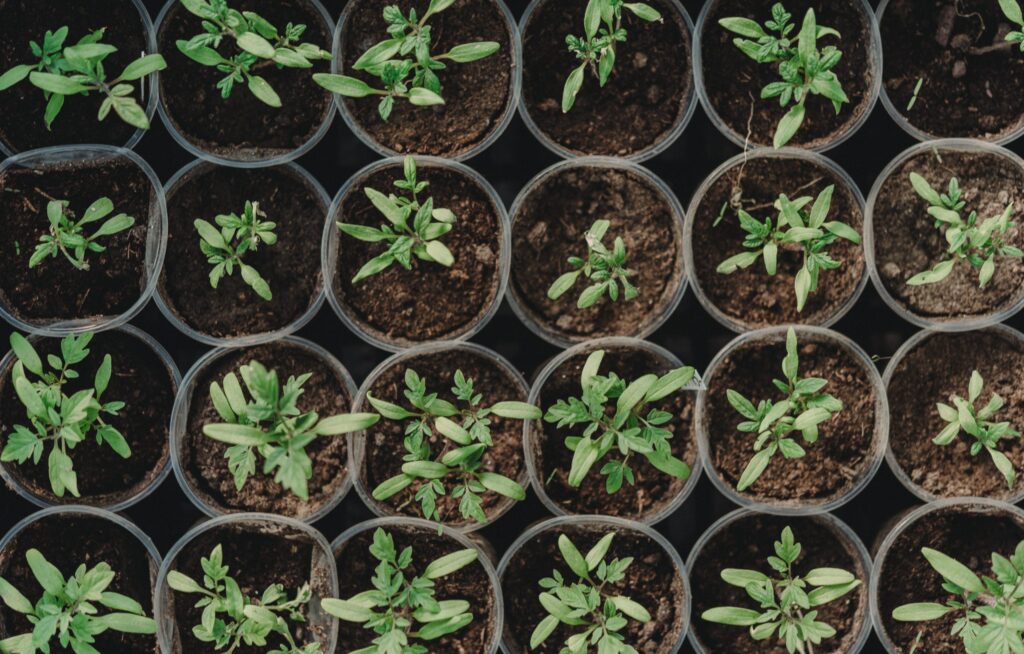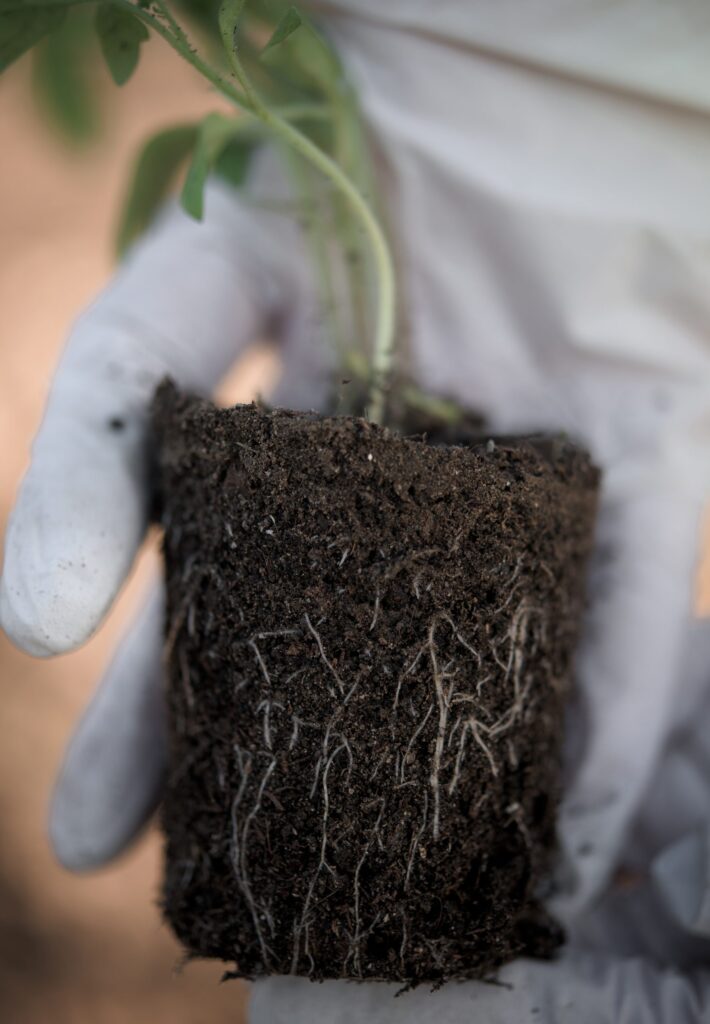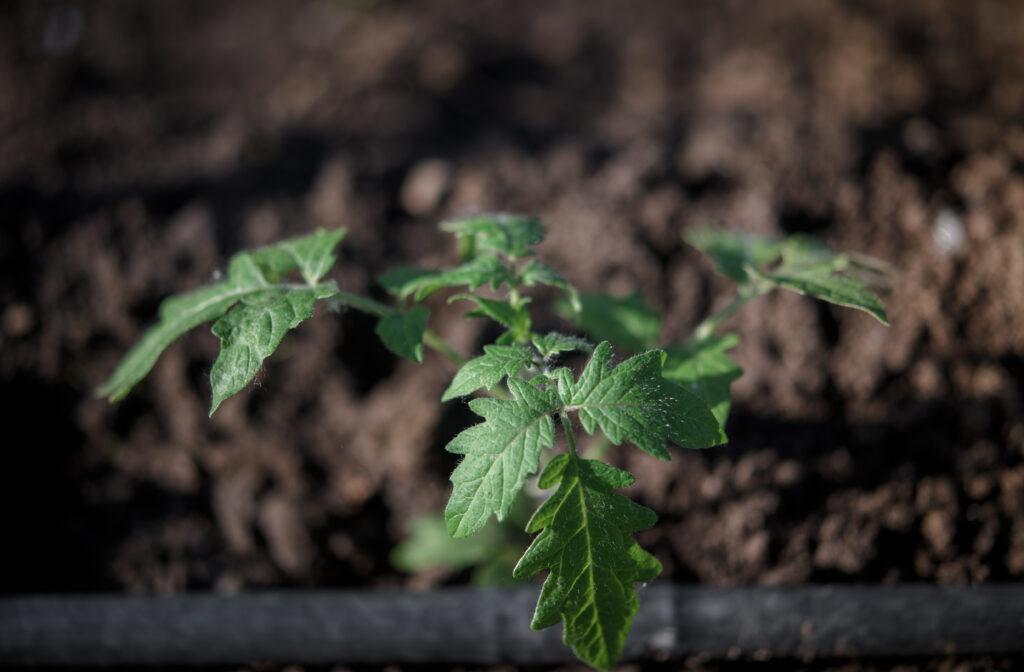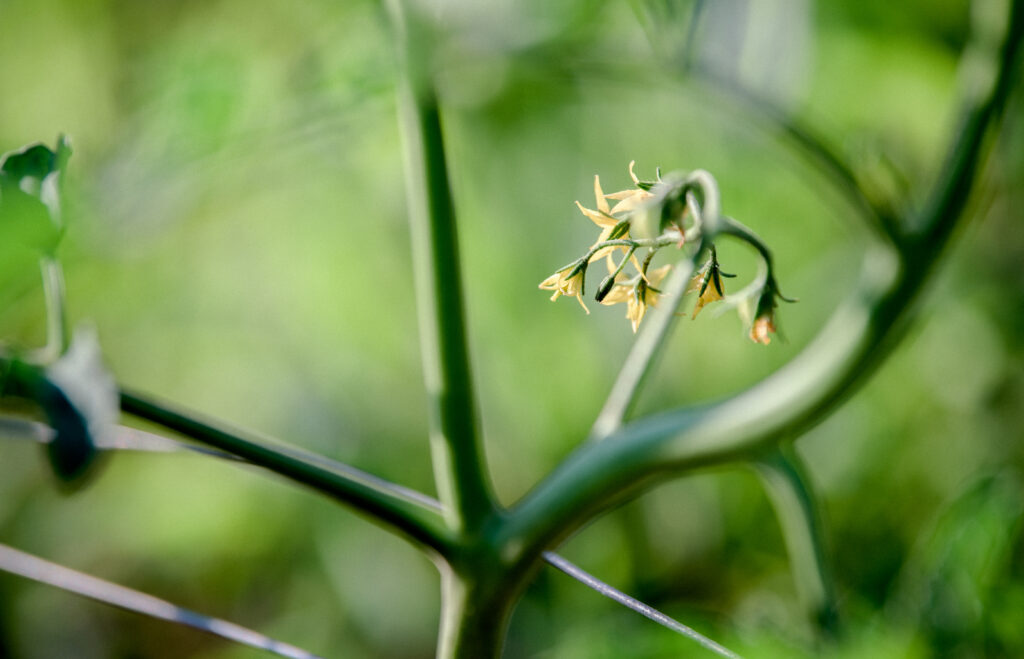The year 2021 was the first year the Buniol box contained Buniol tomato seedlings. The response to this new product was excellent and surprised us in the most pleasant way possible. We thought fewer people would want seedlings, not to mention seedlings grown by us. From the beginning, Buniol was the materialization of the idea: “start now, perfect later.” Therefore, we were utterly unprepared for the volume requested, having to deliver from the stock allocated for planting in our garden to such an extent that we risked being left with half of the garden uncultivated.

The feedback we have received during the season has convinced us to continue on this path. We have received messages from you that Buniol seedlings were the only ones that resisted the blight attack or that they were the only ones that fruited, the only ones that ripened, or that Buniol seedlings grew very tall and fruited until late November. We are not surprised because we invest a lot in these plants. The fact that you have come to the same conclusion has given us confidence in the future of the product.
These seedlings are indeed the result of my father Joseph’s work. He does everything by the book, without any compromise. They grow from Buniol seeds obtained through the fermentation process, and they are treated with care and carefully observed in their evolution. However, none of the above would matter if the soil we planted in was not optimal and contained all the microorganisms and amino acids the plant needs. As in many other activities, no matter how dedicated or skilled you are, if the raw material you work with is inferior, the result will be inferior.

This is why we pay particular attention to the soil. Its quality is the key to success when the plants come into your care. The soil we use is of superior quality because we incorporate vermicompost made from earthworm excrement and some other degraded organic matter. This highly complex, 100% natural, excellent fertilizer is, in the words of Cristian, founder of Super Pamant (@superpamant), a soil conditioner.
I met Cristian when he was just starting out in this business, and his response that he collects specialty coffee grounds from my favorite coffee shop in Iasi to feed the earthworms on his earthworms farm stuck in my mind. I hadn’t heard anything more curious before. We were both preoccupied with developing our projects, but we managed to synchronize last year. After a visit to the earthworms farm, where I was fascinated by the information we received, we decided to use vermicompost for the first time. In the past, we have used seaweed fertilizer and herbal decoctions to feed the plants. But until the application of vermicompost, I had not seen plants with so many flowers and so hardy. The whole garden was filled with yellow flowers. In addition, the plants were very resistant to the blight and aphid attacks that destroyed most of our community’s crops. It was absolutely amazing.

The vermicompost produced by Cristian is different from other alternatives on the market because Cristian does not use its earthworms to manage plant debris. On his farm, the earthworms are fed not simply with vegetable waste. Instead, he uses compost made from manure and various nutrient-laden plants, many of them carefully selected from the medicinal category. In addition, the earthworms are fed gradually and over a more extended period, ensuring that the compost is fully processed and preventing the formation of anaerobic pockets that would encourage pathogens and plant disease.
In our last conversation, he explained exactly how it works and why it is the most beneficial natural fertilizer. Apart from the fact that weed seeds are removed by composting, the gut of the earthworms removes harmful pathogens. Also, the microorganisms and beneficial fungal network in the vermicompost are responsible for mycorrhiza formation on the plant’s roots. These fungi identify the plant’s needs and send signals that attract soil microorganisms capable of producing the necessary nutrients. They ensure the plant is fed in a balanced, personalised way throughout its life.

I cannot recommend this product enough. It can be used everywhere in the garden and even for houseplants, in the right proportion and recurrence.
With love for tomatoes,
Claudia
